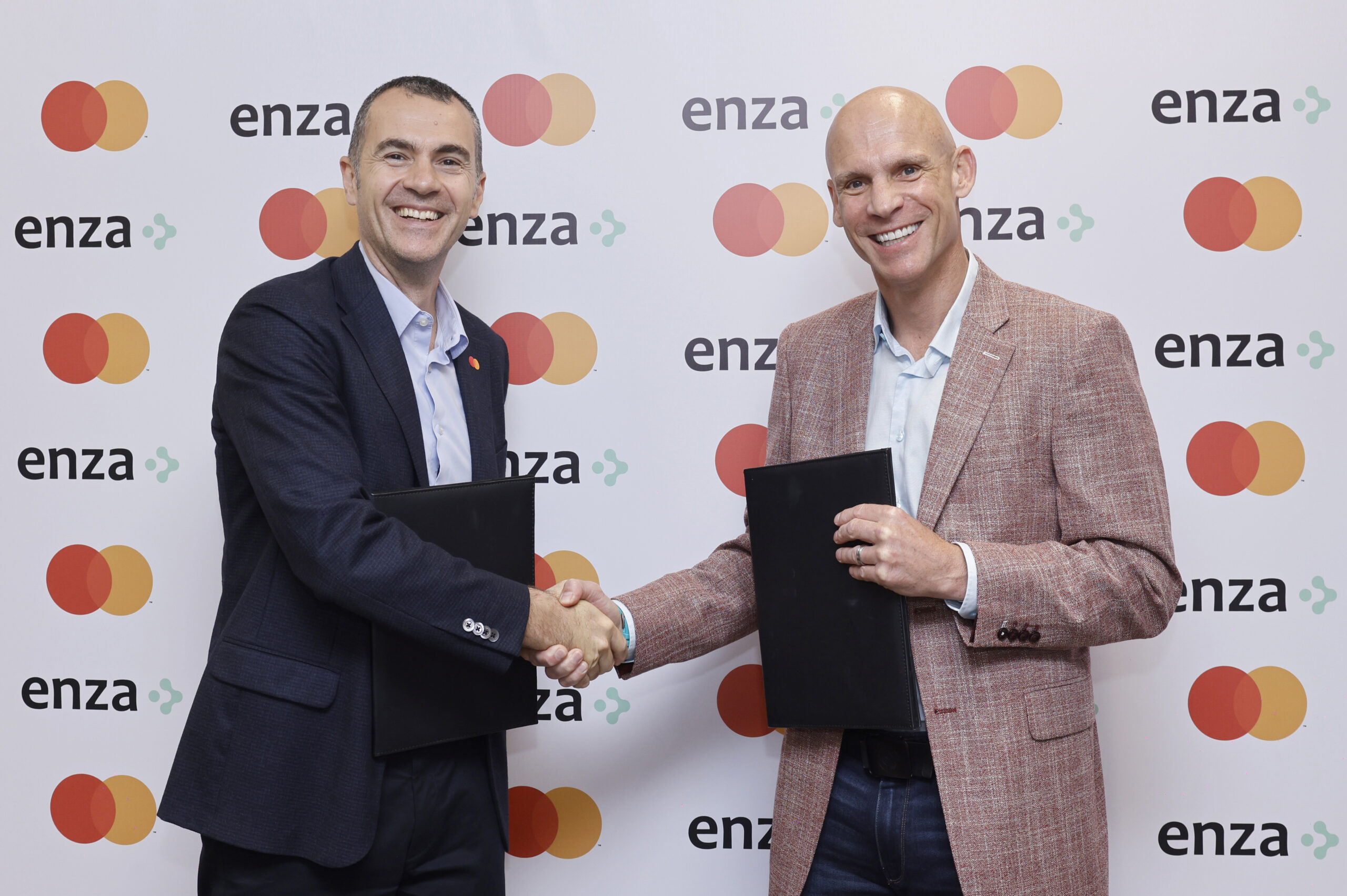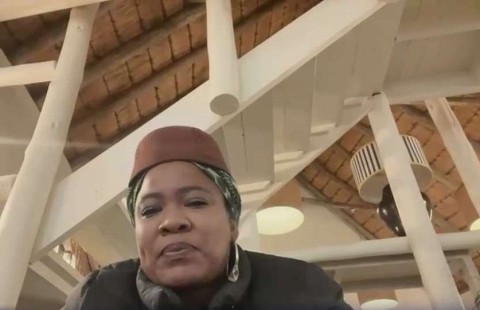African Trade Finance Innovations: Breaking Bottlenecks with Digital Trade Finance
Picture an exporter in Lagos who fulfils a large order of cashews or cocoa, only to wait 3 weeks for a paper letter of credit to clear. While goods sit idle, storage fees mount and cash flow tightens.
African Trade Finance Innovations are changing that story. By replacing outdated paperwork with digital platforms, backed by blockchain, fintech partnerships, and supportive regulations, companies can now secure financing, share documents, and confirm payments in days instead of weeks.
Efficient trade finance underpins every successful export and import. Yet across Africa, outdated processes have long created delays, uncertainty, and extra costs.
Today’s digital solutions not only speed up transactions but also build trust among banks, buyers, and sellers. With the African Continental Free Trade Area (AfCFTA) aiming to raise intra-African trade to $90 billion by 2030, modernising finance is critical.
Faster, cheaper, and more transparent funding will help small businesses scale, foster regional value chains, and attract foreign investment.
Traditional letters of credit (LCs) rely on multiple banks, paper checks, and courier services, often stretching processing times beyond three weeks. Platforms like GTBank’s Voltron and the African Export–Import Bank’s AfroX use blockchain to digitise LCs end-to-end.
Each bank records commitments on a secure, shared ledger, allowing all parties to see real-time updates. As a result, issuance and confirmation can happen in days, legal risks drop, and banks spend less on compliance.
Small and medium enterprises (SMEs) power over 60% of Africa’s employment, but often lack collateral for loans.
Reverse factoring changes that by letting large buyers fund their suppliers through fintech intermediaries. Merchants upload approved invoices and receive payment almost instantly at a small fee.
Similarly, inventory-based financing platforms allow trading firms to use stock as collateral to unlock working capital. These tools smooth cash flow, reduce borrowing costs, and help SMEs compete globally.
In markets where banking branches are scarce, mobile-money services have leapfrogged traditional finance. Kenya’s M-Pesa and MTN Mobile Money in West Africa now support invoice generation, e-signatures, and instant settlements via QR codes.
Traders simply scan a code, upload documents, and receive payment in seconds. By cutting out physical banks and manual reconciliations, these services make cross-border trade both accessible and affordable.
Rigid rules can stifle innovation. To avoid that, regulators in Nigeria, Ghana, and elsewhere have launched regulatory sandboxes, controlled environments where startups and banks can pilot new trade-finance solutions under eased requirements.
Projects testing blockchain LCs, AI-driven risk analytics, and digital cargo tracking receive temporary waivers on capital rules. Insights from these trials guide policymakers and pave the way for safe, scalable rollouts across the banking sector.
As AfCFTA lowers tariff barriers, removing financial bottlenecks becomes the next frontier. Digital trade finance will slash transaction costs by up to 50%, according to the International Trade Centre, and reduce clearing times from weeks to hours.
By embracing streamlined, secure platforms, African exporters and importers can capitalise on regional integration, connecting Ethiopian textile mills, Nigerian agricultural exporters, and Ghanaian manufacturers in a truly continental market.









